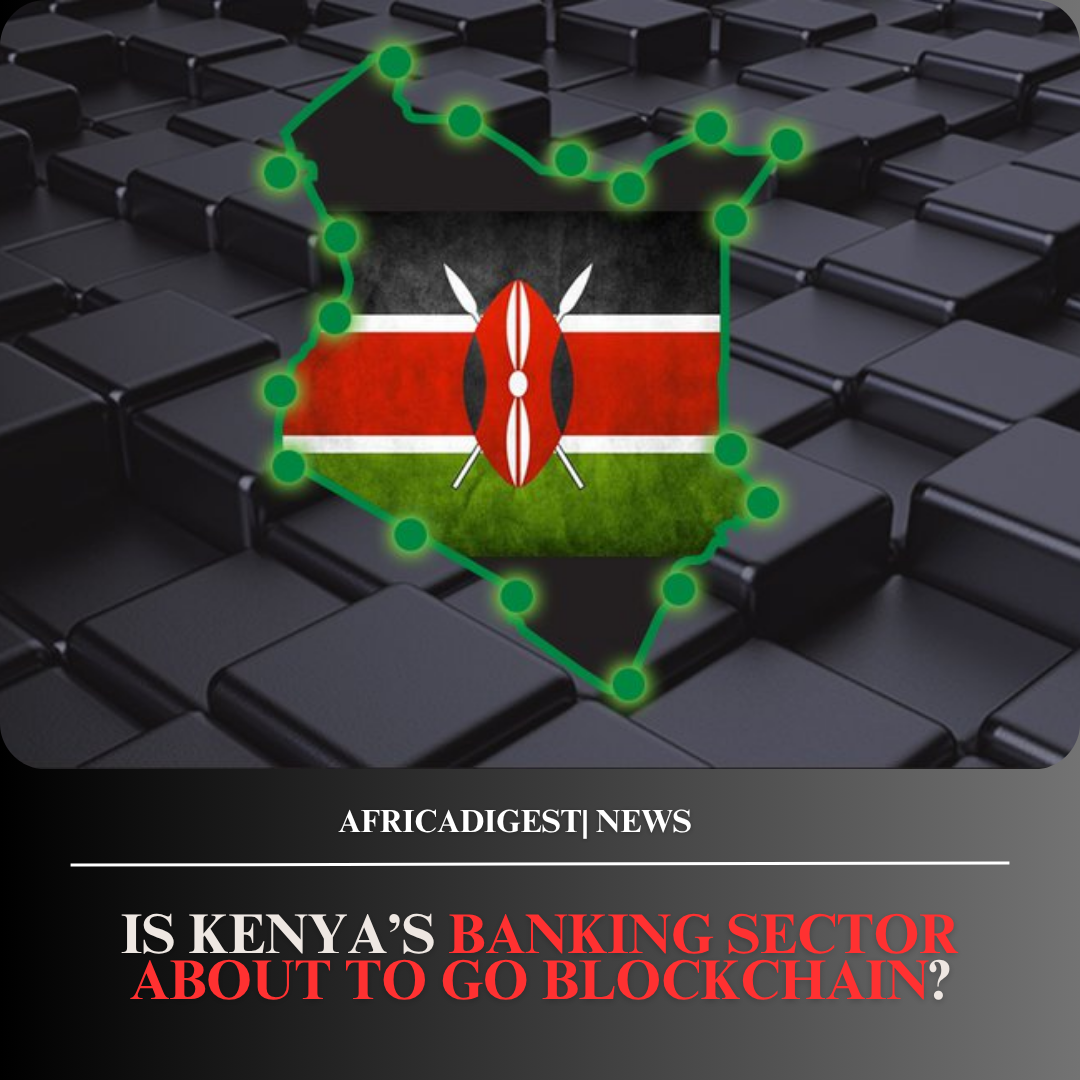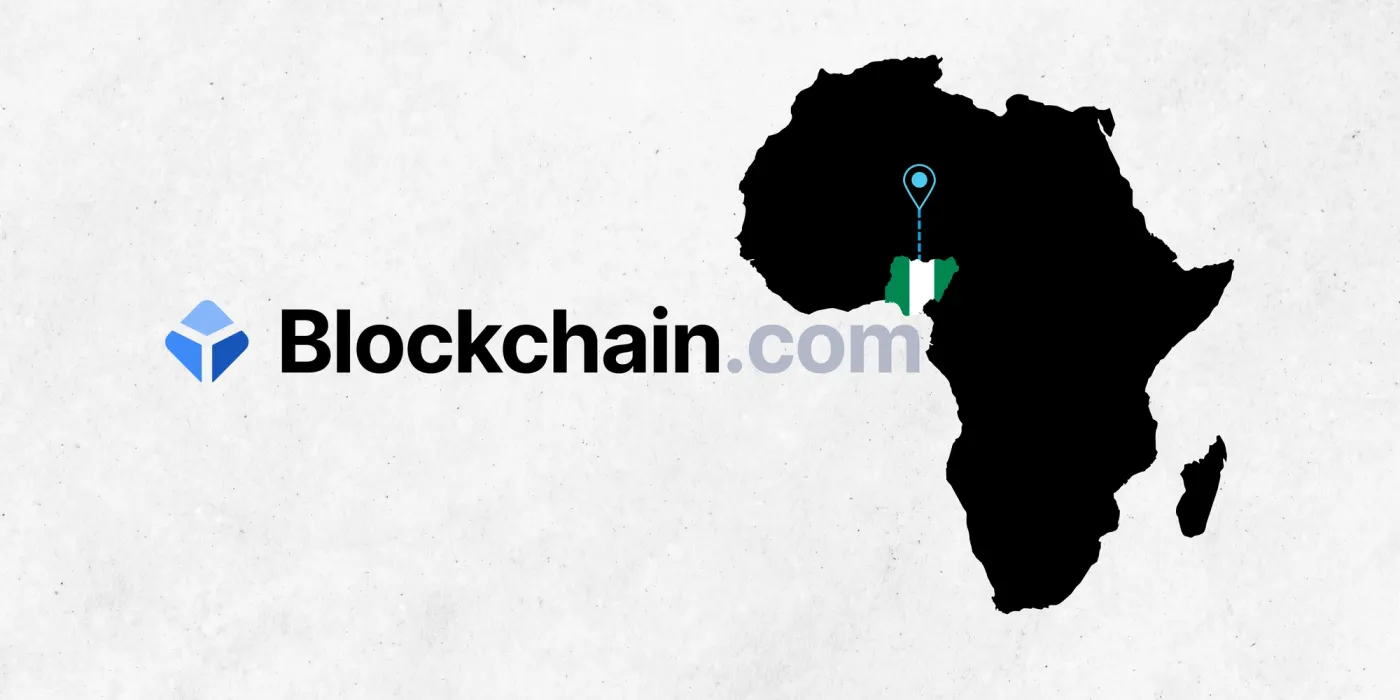Kenya’s banking sector is on the edge of a technological turnaround, with the Kenya Bankers Association (KBA) exploring tokenised collateral frameworks to modernise financial infrastructure.
As announced by Frank Mwiti, CEO of the Nairobi Securities Exchange (NSE), this initiative could transform how assets are managed, loans are processed, and capital markets operate in Kenya.
This move could address illiquidity in African markets, as Mwiti noted in a recent op-ed, citing South Africa’s tokenised corporate bond as a precedent.
What Is Tokenised Collateral and Why Does It Matter?
Tokenised collateral refers to the digital representation of traditional assets, such as real estate, equities, bonds, or commodities, on a blockchain.
These digital tokens are stored on a decentralised ledger, ensuring unalterable integrity, transparency, and security. For Kenya’s banking sector, tokenisation could:
- Streamline loan processing: By digitising collateral, banks can verify and transfer assets faster, reducing paperwork and delays.
- Enhance transparency: Blockchain’s unalterable ledger ensures all parties have access to a single, tamper-proof record of transactions.
- Boost liquidity: Tokenisation allows fractional ownership of high-value assets, enabling more investors, including Kenya’s diaspora, to participate in capital markets.
- Reduce costs: Smart contracts automate processes like collateral valuation and transfer, cutting administrative expenses.
READ ALSO:Can Valour’s Cross-Listing Bring Global Eyes to the NSE?
KBA and NSE’s Blockchain Initiatives
The KBA’s interest in tokenised collateral, as highlighted by Frank Mwiti in a June 2025 article published by BitcoinKE, positions Kenya as a leader in blockchain adoption.
The KBA has a history of supporting digital banking innovations, such as mobile money integration and cybersecurity frameworks, which complements its current focus on blockchain technology.
The Nairobi Securities Exchange (NSE) is playing a key role through its partnership with Hedera Hashgraph and DeFi Technologies.
In October 2024, the NSE joined the Hedera Governing Council, allowing it to operate a node and contribute to the governance of Hedera’s blockchain network.
This collaboration is driving the development of the Kenya Digital Exchange (KDX), a regulated platform for trading tokenised assets.
Hedera’s technology is a key enabler, offering high throughput (10,000 transactions per second), low latency (under 3 seconds), and a carbon-negative footprint.
Its distributed ledger technology (DLT) supports the tokenisation of real-world assets (RWAs) with robust security and compliance features, making it ideal for the KBA’s ambitions.
NSE’s Kenya Digital Exchange (KDX): A Game-Changer?
In April 2025, DeFi Technologies, along with its subsidiaries Valour Inc. and SovFi, partnered with the NSE to design the KDX.
The platform will tokenise assets like equities, debt, and commodities, with a phased launch planned by Q2 2026.
While the KBA’s specific role is still evolving, its exploration of tokenised collateral signals early-stage planning for broader blockchain adoption.
The Kenya Digital Exchange (KDX) is central to Kenya’s blockchain ambitions. Built on the Hedera network, KDX aims to:
- Enable primary issuance and trading of tokenised assets, including equities, debt, funds, and commodities.
- Offer exchange-traded products (ETPs) by Valour, with listings expected by Q3 2025.
- Generate revenue through trading fees, listing fees, and staking services.
- Ensure regulatory compliance by working with Kenya’s Capital Markets Authority (CMA).
The KDX’s phased rollout includes:
- Phase 1 (Q4 2025): Platform design, regulatory compliance, and investor onboarding.
- Phase 2 (Q3 2025): Pilot trading and ETP issuance.
- Phase 3 (Q2 2026): Full commercial launch.
Mwiti has emphasised that KDX will attract tech-savvy millennials and Gen Z investors, leveraging Kenya’s 85% smartphone penetration and vibrant fintech ecosystem.
With over 6 million crypto users (10% of Kenya’s population), the country is a hotspot for blockchain innovation.
READ ALSO:CMA Challenges NSE with Yeshara Tokens in Fractional Trading
Opportunities for Kenya’s Banking Sector
Tokenised collateral could unlock significant opportunities for Kenya’s banks:
- Faster Lending: By digitising collateral, banks can reduce loan approval times, addressing delays caused by manual asset verification.
- Financial Inclusion: Fractionalised assets lower the entry barrier for investors, enabling small-scale savers and diaspora communities to participate in capital markets.
- Supply Chain Finance: Tokenised assets can streamline financing for SMEs by allowing businesses to use receivables or inventory as collateral on blockchain platforms.
- Cross-Border Transactions: Hedera’s USDC-backed platform supports secure remittances, reducing costs for Kenya’s diaspora, which sent $4.2 billion in remittances in 2024.
A notable precedent is the NSE’s collaboration with Empowa, a Mozambique-based RWA startup, to tokenise affordable housing assets.
This project, funded by the Cardano Project Catalyst, addresses Kenya’s $2.5 billion annual housing finance gap by enabling capital raising through tokenised assets.
Is Tokenised Collateral the Future of Banking in Africa?
Kenya’s blockchain push, led by the KBA and NSE, positions the country as a pioneer in African fintech.
Tokenised collateral could redefine lending, capital markets, and financial inclusion, especially for underserved populations.
As Mwiti noted, “Illiquidity plagues many African markets. Tokenisation can break these logjams.” With South Africa’s tokenised bond and Nigeria’s blockchain initiatives as regional benchmarks, Kenya’s efforts could inspire continent-wide adoption.
Ronnie Paul is a seasoned writer and analyst with a prolific portfolio of over 1,000 published articles, specialising in fintech, cryptocurrency, and digital finance at Africa Digest News.







Leave a Reply